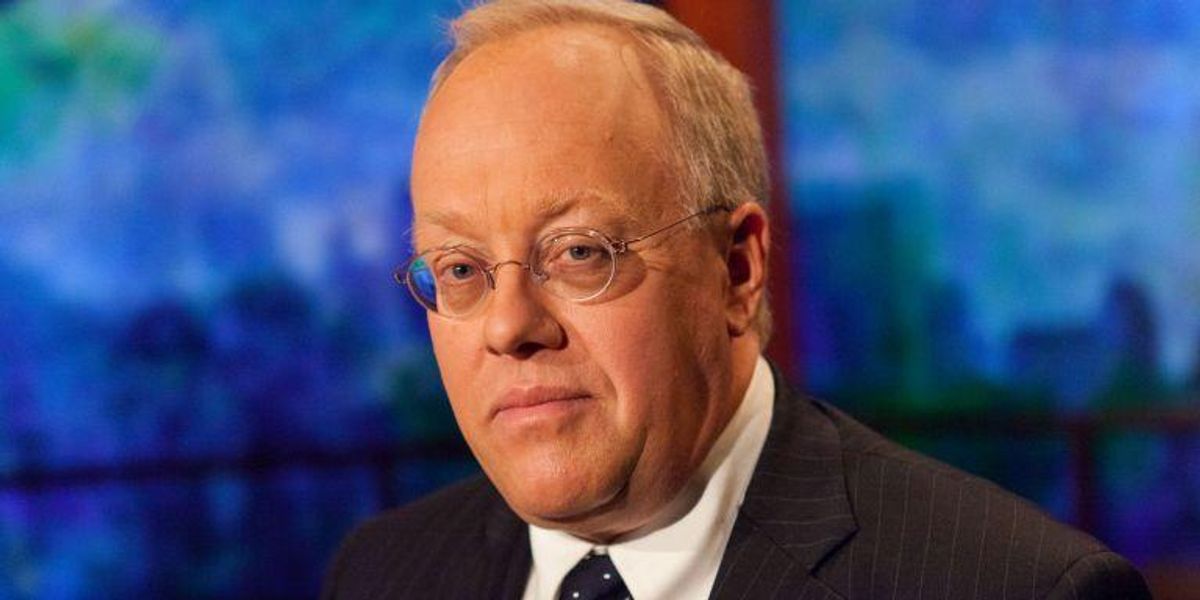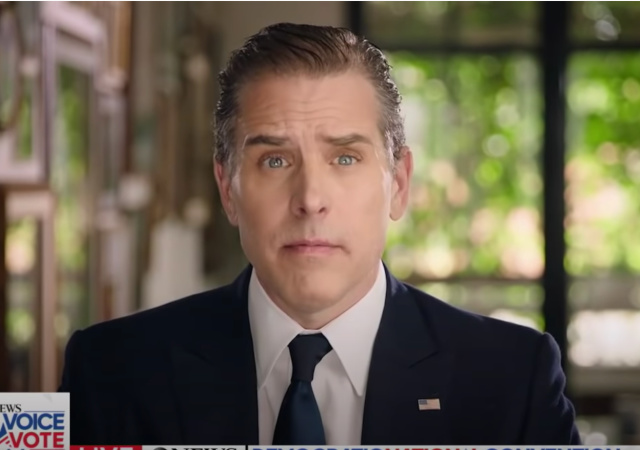- Joined
- Apr 22, 2019
- Messages
- 46,952
- Reaction score
- 22,884
- Gender
- Male
- Political Leaning
- Progressive
There is a serious danger of 'government' in general serving its power over its citizens by depriving them of information - as seen in extremes in China and now Russia. So, we have in the US a different approach, supposedly, putting citizens rights above government, except in cases of legitimate security needs - in theory.
In practice, not so much. We DO have systems much better than others, that have more of that freedom, but we have a lot of soft censorship making us a lot closer to the others than we'd like to admit.
As background, there's a paradox on this, that when people are successfully propagandized, they tend to become defenders of the propagandizer; China and Russia are filled with people who strongly support their governments' actions, just as the 'trump cult' or Fox viewers are very loyal to them. But put that aside.
The US has a history of problems on this. When the CIA was created, for example, it did a lot of things to 'build relationships' with US media; Alan Dulles would hold regular meetings with top owners and media figures where he would share classified information to build chummy relationships and a sense of 'team' and obligation where he could get favors.
The CIA has maintained media programs ever since. The military has looked out for its interests, offering very valuable services to movies that have a message it supports, and denying them to films that do not.
The US has long had a huge problem with over-classification, where there seems to be little enforcement of any restraint in classification or check on over-classification.
This has resulted in critical information the public should have being hidden, and exposed only through illegal leaks by principled people who make huge sacrifices to do so, from lies about the Vietnam war exposed in the Pentagon Papers, so illegal surveillance operations exposed by Edward Snowden.
In an extreme example, an independent journalist who received and published classified documents showing truths that embarrassed governments, was targets by the US government for assassination and in schemes to abuse criminal justice systems of allies in attempts to get him imprisoned for life for journalism, that have successfully jailed him for nearly a decade, most recently in horrific 'supermax' conditions.
There are people in the US who 'have concerns' about these actions, but that has done nothing to stop them, under three presidencies now, of both parties.
In particular, this week, another act has taken place. One of America's leading commentators, Chris Hedges, who is often critical of US actions as well as others, with a background of being the Middle East bureau chief for the New York Times and on a team winning the Pulitzer Prize, found it hard to find a platform in the US. He's raised the issue that many voices have from Seymour Hersh to excellent historian Stephen Kinzer.
For six years, the platform Hedges found was RT - controversial as Russian state tv, but unlike China, they sponsored high quality, independent content given freedom - for whatever motives Russia had, I suspect because they wanted to promote the left-right split in the US.
Now, with the Russian invasion of the US, RT has been shut down - but youtube has gone a step further and removed all six years of Hedges' shows - including the recent one in which he condemned Russia's invasion as a "criminal war of aggression". So, now, we the American people are deprived of that information on the top outlet for such videos.
We need to be aware of this danger of 'soft censorship' which goes so far down the road toward actual censorship. For example, where just making things harder to find is effective at reducing the numbers who see them, which is often enough - just as Putin is seeing where despite thousands of protesters, an estimated 80% support him and his war.
We should support outlets who provide good information. Here's an article on the removal of Hedges' show on one of those outlets, commondreams.org.

 www.commondreams.org
www.commondreams.org
In practice, not so much. We DO have systems much better than others, that have more of that freedom, but we have a lot of soft censorship making us a lot closer to the others than we'd like to admit.
As background, there's a paradox on this, that when people are successfully propagandized, they tend to become defenders of the propagandizer; China and Russia are filled with people who strongly support their governments' actions, just as the 'trump cult' or Fox viewers are very loyal to them. But put that aside.
The US has a history of problems on this. When the CIA was created, for example, it did a lot of things to 'build relationships' with US media; Alan Dulles would hold regular meetings with top owners and media figures where he would share classified information to build chummy relationships and a sense of 'team' and obligation where he could get favors.
The CIA has maintained media programs ever since. The military has looked out for its interests, offering very valuable services to movies that have a message it supports, and denying them to films that do not.
The US has long had a huge problem with over-classification, where there seems to be little enforcement of any restraint in classification or check on over-classification.
This has resulted in critical information the public should have being hidden, and exposed only through illegal leaks by principled people who make huge sacrifices to do so, from lies about the Vietnam war exposed in the Pentagon Papers, so illegal surveillance operations exposed by Edward Snowden.
In an extreme example, an independent journalist who received and published classified documents showing truths that embarrassed governments, was targets by the US government for assassination and in schemes to abuse criminal justice systems of allies in attempts to get him imprisoned for life for journalism, that have successfully jailed him for nearly a decade, most recently in horrific 'supermax' conditions.
There are people in the US who 'have concerns' about these actions, but that has done nothing to stop them, under three presidencies now, of both parties.
In particular, this week, another act has taken place. One of America's leading commentators, Chris Hedges, who is often critical of US actions as well as others, with a background of being the Middle East bureau chief for the New York Times and on a team winning the Pulitzer Prize, found it hard to find a platform in the US. He's raised the issue that many voices have from Seymour Hersh to excellent historian Stephen Kinzer.
For six years, the platform Hedges found was RT - controversial as Russian state tv, but unlike China, they sponsored high quality, independent content given freedom - for whatever motives Russia had, I suspect because they wanted to promote the left-right split in the US.
Now, with the Russian invasion of the US, RT has been shut down - but youtube has gone a step further and removed all six years of Hedges' shows - including the recent one in which he condemned Russia's invasion as a "criminal war of aggression". So, now, we the American people are deprived of that information on the top outlet for such videos.
We need to be aware of this danger of 'soft censorship' which goes so far down the road toward actual censorship. For example, where just making things harder to find is effective at reducing the numbers who see them, which is often enough - just as Putin is seeing where despite thousands of protesters, an estimated 80% support him and his war.
We should support outlets who provide good information. Here's an article on the removal of Hedges' show on one of those outlets, commondreams.org.

Digitally Disappeared: YouTube Has Deleted Six Years of My Show
"The deplatforming of voices like mine, already blocked by commercial media and marginalized with algorithms," warns veteran journalist Chris Hedges, "is coupled with the pernicious campaign to funnel people back into the arms of the 'establishment' media such as CNN, The New York Times, and The...
 www.commondreams.org
www.commondreams.org


